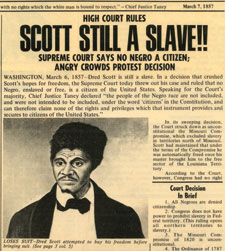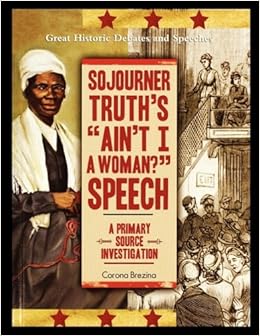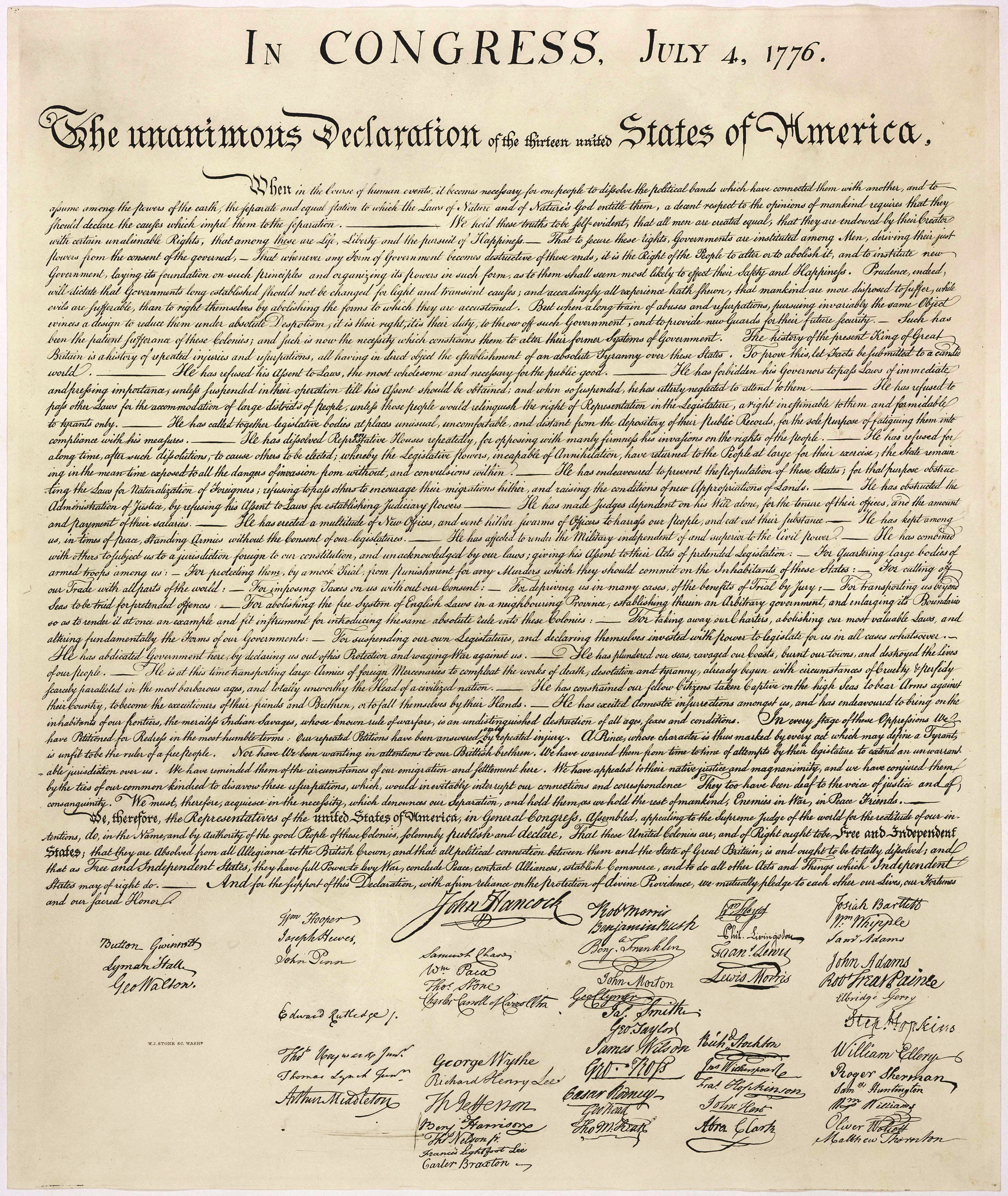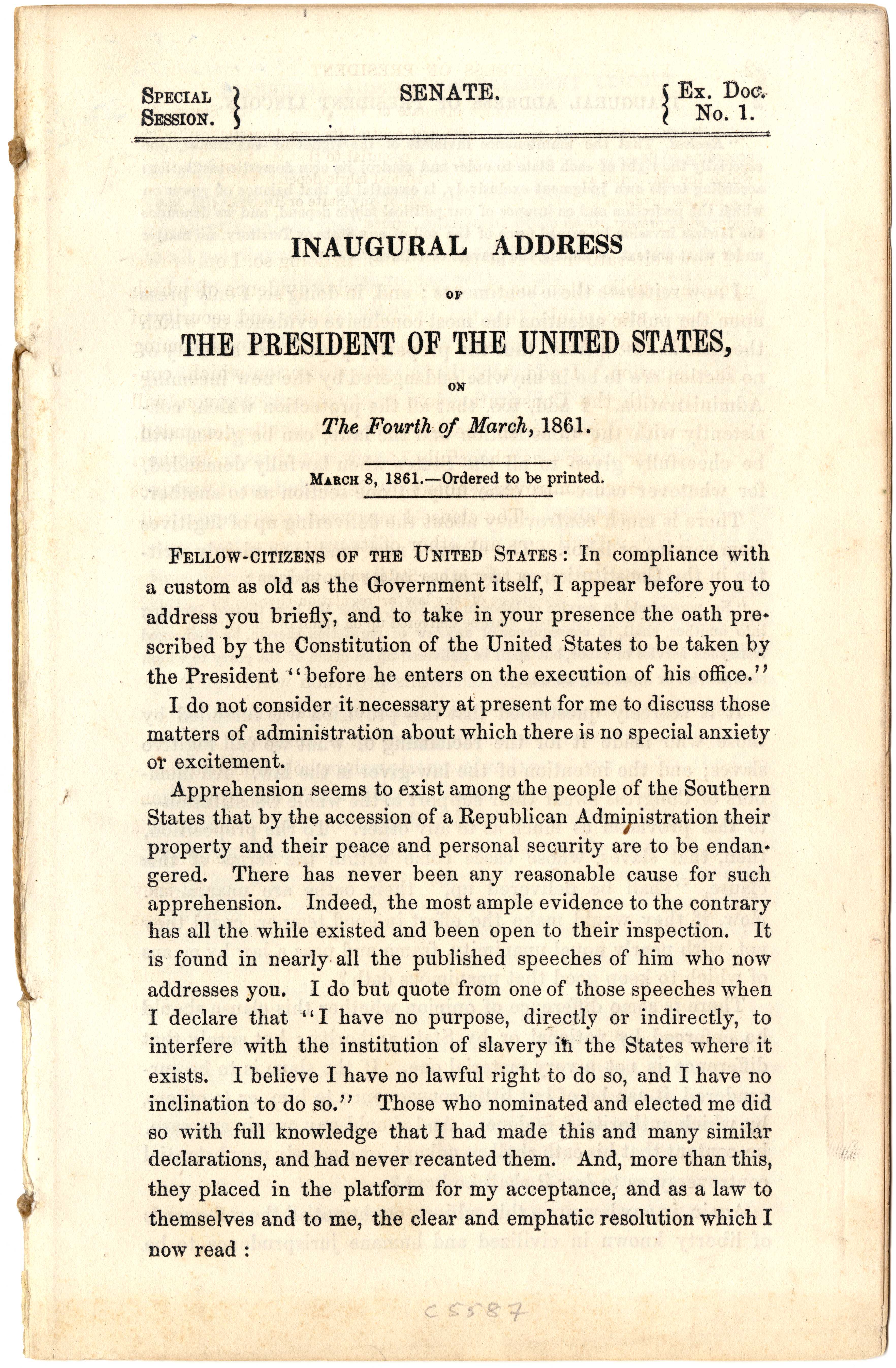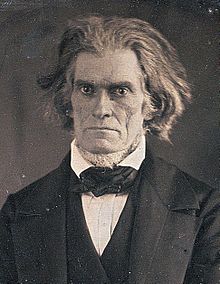The 15th Amendment relates to the Emancipation Proclamation because it continued the idea of freeing slaves and giving them the freedoms and rights they deserve including the right to vote.
Emancipation Proclamation Summary- It was written in September of 1862 and the first thing that it says is that on January 1st of 1863, all slaves within any part of the country that rebelled are to be free forever. The Federal Government will also be sure to recognize and maintain their liberties as well. Also on the first day of 1863, every state, including the states that rebelled, are to have a representative in congress. On this same day for 100 days after, the States that rebelled shall be left exactly as if the proclamation were not issued. He then continues to push the point that all slaves are to be set free and the authorities will recognize this fact. To the people that are to be freed, they should abstain from violence unless it is necessary for self-defense. Lincoln also recommends that they labor faithfully and for reasonable wages. He also wants to make known that all former slaves of suitable conditions will be received into the armed forces. He sincerely believed this act to be one of justice warranted by the Constitution.

